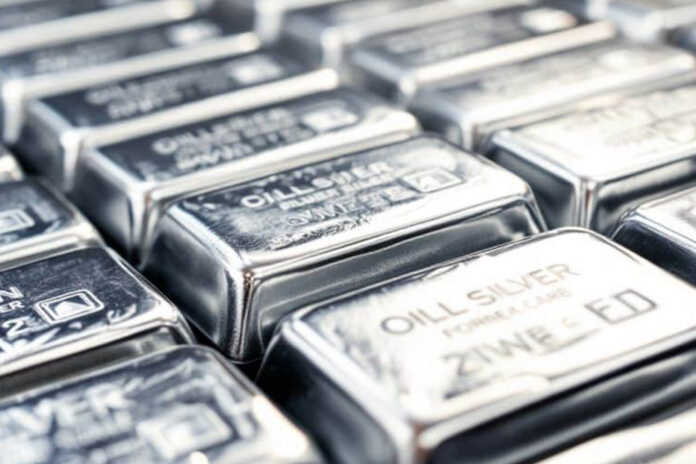On September 19, 2025, silver made history in Canada: spot silver traded around US$42.05 per ounce, while the Canadian dollar hovered near 1.378 per U.S. dollar. That pushed silver’s Canadian-dollar value to about C$59.37 per ounce, surpassing the previous record of C$58.77 set on January 17, 1980, during the Hunt brothers’ dramatic attempt to corner the silver market.
Just days later, by September 22, silver was near US$43.60 per ounce, and with the loonie still close to 1.38, the Canadian price climbed to a fresh record of C$60.17 per ounce. Meanwhile, gold remains near C$5,040 per ounce, also close to its recent highs.
Why This Rally Differs from 1980
The 1980 surge was largely a speculative bubble fuelled by the Hunt brothers’ massive silver purchases. The rush overwhelmed refineries, created supply delays, and ended in the infamous “Silver Thursday” crash, when prices plunged from US$20 to US$10.90 in one day.
Today’s rally stems from very different forces:
- Safe-haven demand as investors hedge against market volatility and inflation.
- Expectations of lower U.S. interest rates which make non-yielding metals more attractive.
- A weaker Canadian dollar magnifies silver’s price when converted from U.S. dollars.
Implications for Collectors & Bullion Dealers
For those handling Silver Maple Leaf coins or bullion, these record highs bring both opportunity and caution:
- Rising valuations mean existing inventory is worth more.
- Higher premiums are likely as demand grows.
- Exchange-rate risk remains high; a stronger loonie could quickly erode Canadian-dollar gains.
- Volatility can reverse gains if macroeconomic conditions shift.
Key Considerations for Jewellery Store Owners
For jewellery retailers, silver’s record price is more than a headline—it directly affects operations and profitability.
- Inventory Planning
- Reassess pricing on sterling silver jewellery, chains, and watches to reflect higher replacement costs.
- Consider accelerating re-orders before potential further price increases.
- Marketing and Sales Strategy
- Highlight silver’s historic high in marketing campaigns to convey scarcity and lasting value.
- Educate customers about silver’s investment appeal to justify premium pricing.
- Design and Product Mix
- Explore lighter-weight designs or blends of silver with other materials to maintain accessible price points.
- Evaluate lab-grown stones or mixed-metal pieces to offset cost pressures.
- Hedging and Supplier Contracts
- Review supplier agreements for price-locking opportunities.
- Discuss hedging options to stabilize margins against future swings.
By strategically managing procurement, pricing, and storytelling, jewellers can turn silver’s new high into a competitive advantage while protecting profit margins.
Lessons from History
The 1980 crash is a reminder that rapid price rises can reverse quickly. However, today’s fundamentals are broader and less speculative. Analysts are watching U.S. Federal Reserve policy, CAD/USD movements, and physical demand for signs of the next trend.
What to Watch Next
- Central bank interest-rate decisions that could alter precious-metal demand.
- Currency shifts that influence Canadian-dollar silver prices.
- Consumer demand for bullion-linked jewellery and collectible coins.
- Global economic tensions that sustain safe-haven buying.
![]()








